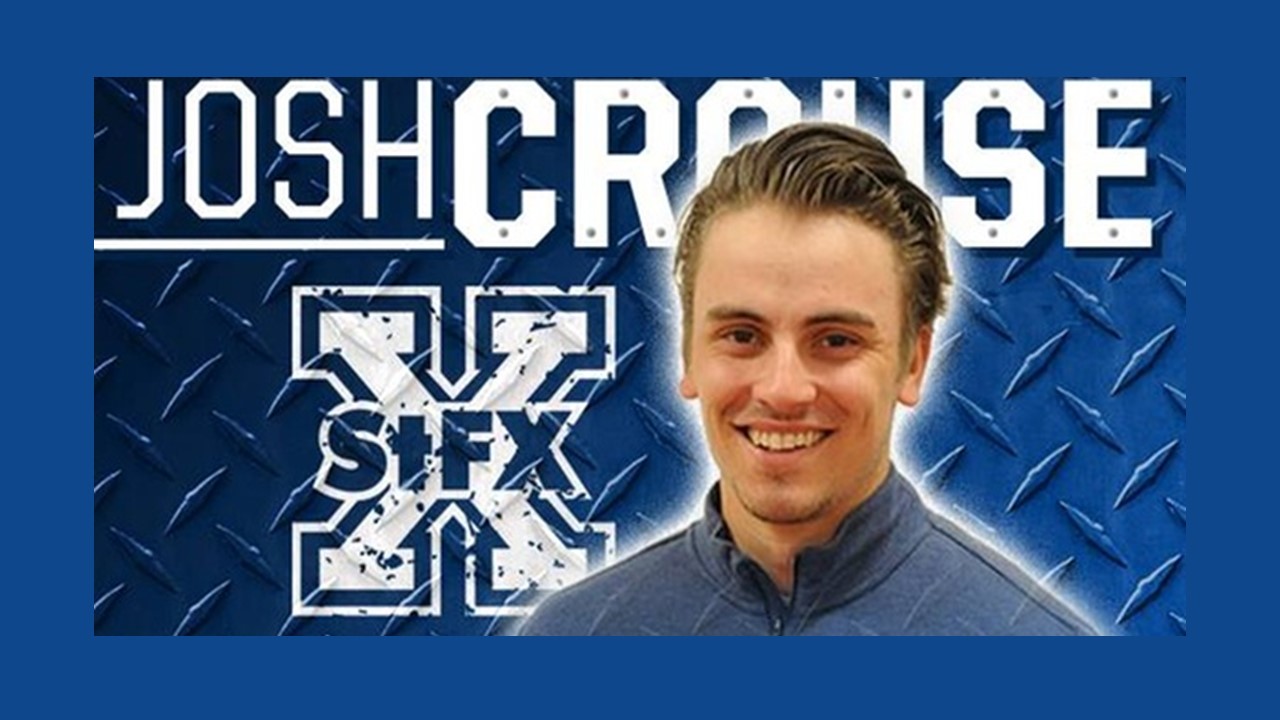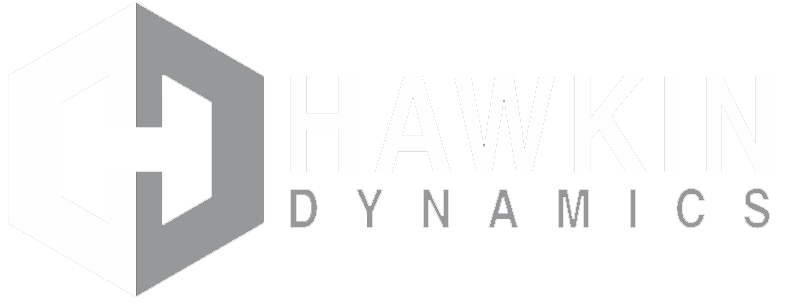St. Francis Xavier University’s Head S&C Coach

CSCA – Why did you become an S&C coach?
JC – I think multiple factors ultimately led to me becoming an S&C coach. Since I can remember, my whole life has revolved around sport. Growing up, I was very fortunate to have supportive parents that were both former competitive athletes and eventually became coaches. I believe this is where my initial interest in coaching developed. I always knew I wanted to work in sport in some capacity, however, if you were to tell me back in high school that I would become an S&C coach one day, I probably would have laughed at you.
I grew up in a small rural town and never had access to S&C coaching. I remember in minor hockey, we would do forms of Zumba combined with some push-ups and sit-ups, and our coach would call it hockey specific training. It’s kind of funny to think back too now. When I got to high school my buddies and I would go to the gym and lift weights, but we had no idea what we were doing and would just rely on watching what all the jacked guys were doing and try and replicate it. When I entered my first year of university, I was unprepared to handle the physical demands of being a student-athlete. As a result, I dealt with quite a few nagging injuries that ultimately led to my initial interest in rehabilitation therapy and training.
Fast forward a couple of years. I ended up transferring to Acadia University, where I joined the S&C internship under the guidance of Elliott Richardson. I remember walking into my first session and being fascinated by the energy and diversity in the weight room. There were athletes from a variety of ages and sports all training under the same roof with guided professional coaching. Throughout that first year, my passion grew for S&C. Each session I would watch athletes improve not only their physical capabilities, but more importantly their confidence. These experiences led to a lot of self-reflection on my time as an athlete. I couldn’t help but imagine how beneficial S&C could have been to my development as an athlete. It was then that I knew that I wanted to help give athletes the opportunity that I didn’t have.
CSCA – Entering the industry, what do you think was your greatest need?
JC – I think this answer goes for anyone entering the industry, and that is the need for good mentors. During my undergrad at Acadia University, I was very fortunate to be in a strong Kinesiology program that exposed me to a breadth of knowledge in coaching and human performance. Ann Dodge is one of those mentors who had a huge impact on my coaching philosophy. Ann taught me about the importance of being consistent and ethical in every decision you make in life. She also taught me about the importance of being patient and how good things will happen if you are prepared and determined. I am now fortunate enough to work with Ann’s husband Mark, who is the Head Coach of our Canadian Women’s Softball Team in preparation for Tokyo 2021.
During my undergrad, I completed the exercise physiology practicum under the guidance of Dr. Jonathan Fowles and Dr. Said Mekary. It was during this experience that I learned the foundation of knowledge needed work in high performance sport. This opportunity also exposed me to the clinical setting working with individuals who have been diagnosed with various chronic conditions. These experiences challenged me as a coach and forced me to be creative and adaptive in pressured situations. Lastly, I would not be where I am today without the guidance of Elliott Richardson and James Young. I could write a book on what I learned from these two individuals. They paved the way for me as an S&C coach, and I cannot thank them enough.
CSCA – To date, what has been your greatest learning as an S&C coach?
JC – Two learnings stand out to me during my time as an S&C coach. The first is the importance of developing relationships. Whether it be in sport or in life, without relationships of trust with your athletes, sport coaches, and support staff, it is going to be challenging to work towards a unified goal. That is why when I first came to StFX, I made it my top priority to take the time and get to know every individual in the department. It was a bit overwhelming at first, however, in my opinion, it was essential to the success of our program early on. This is something I stress with my interns during the first PD session of each year. It can be as simple as introducing yourself to an athlete and asking them where they are from and where they went to High School. These moments show the athletes that you care, and therefore they are much more likely to be receptive to coaching and feedback.
My second learning is the importance of finding time for yourself and those closest to you. I think this is something that many coaches struggle with due to the nature of the job. Early on in our careers, we go in with great intentions and are willing to work 60-80 hour weeks, 12 months of the year, to show our worth. As a result, we often neglect ourselves and those closest to us. For me, this is something that I continue to struggle with and am always trying to improve. That is why I believe, as S&C coaches, we must work together to try and find ways to make our profession sustainable for years to come.






